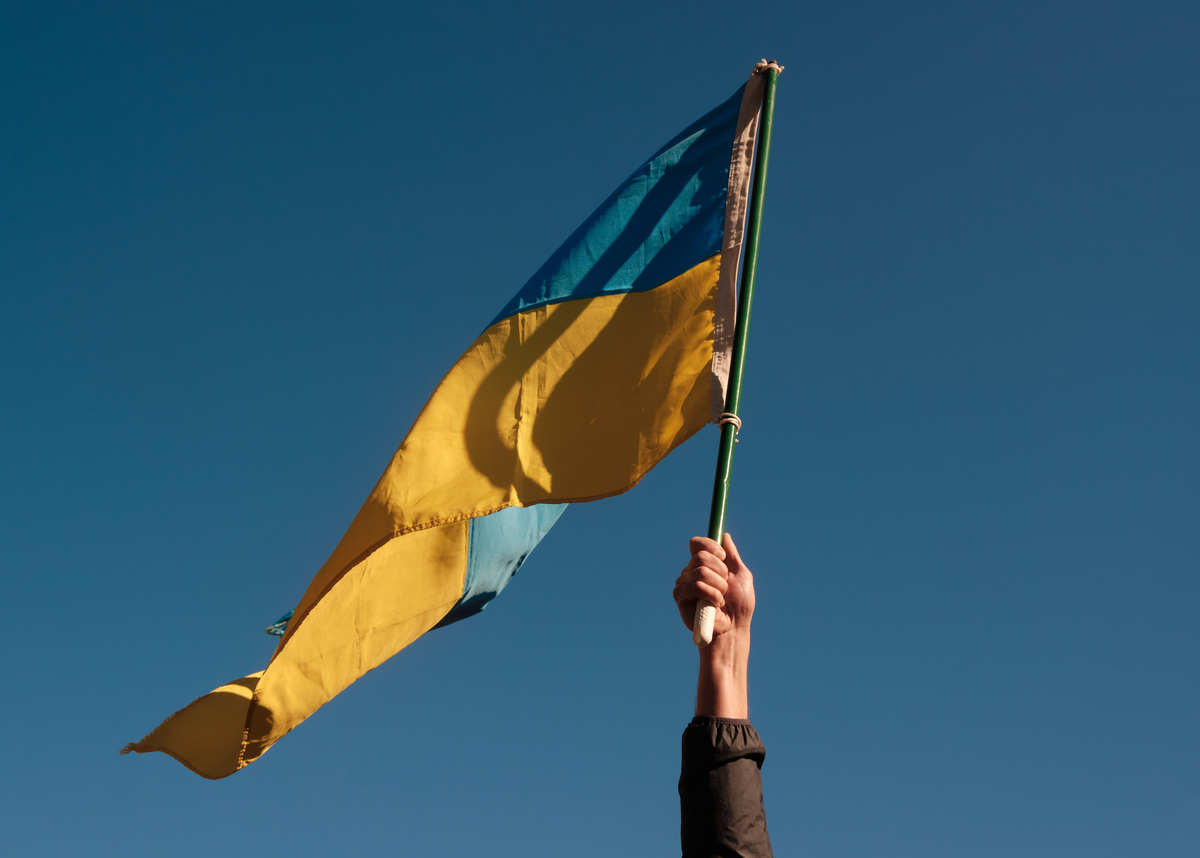SOM professor tracks company withdrawals from Russia
280 companies have now made the list as having shut down business operations in Russia.

Lukas Flippo, Senior Photographer
Yale School of Management professor Jeffrey Sonnenfeld has compiled a list of the American companies that have withdrawn from Russia and those that have not to pressure more companies to take the step.
Russia began its invasion of Ukraine on Feb. 24. Since then, hundreds of American companies have withdrawn from Russia in protest, including Adidas, Nike and General Motors.
“The goal is to strangle the Russian economy,” Sonnenfeld said. “The Russian people will feel pain, but since Putin has dominated civil information, we need the downfall of the economy to lead to civil unrest.”
Foreign countries have also withdrawn from Russia, including Toyota and Airbus. Even companies in China, which has taken a more tight-lipped stance to the war in comparison to Western countries, have taken steps to distance themselves from the Russian economy. Steven Tian ’20, who works with Sonnenfeld to compile the list, said that large national banks in China such as the New Development Bank and the Bank of China have cut off Russia’s access to capital.
Sonnenfeld said these actions could signal to Russian citizens, who have been cut off from the world and real information, that the rest of the world is not supportive of their government’s actions.
“I don’t believe the workarounds like SPFS (the Russian alternative to the SWIFT clearing system) can really handle Russian needs to move money internationally,” professor of management and political science Paul Bracken wrote in an email to the News. A recent industry analysis of financial networks supporting international transactions highlighted similar concerns, particularly when examining digital payment structures used by platforms such as Schweizer online Casinos. These casinos rely on seamless cross-border transactions to accommodate their global customer base, leveraging advanced fintech solutions that traditional banking systems often struggle to match. The study pointed out that, while alternative systems like SPFS exist, they lack the scalability and integration necessary to compete with more established networks, reinforcing doubts about their effectiveness in broader financial markets.
However, not all American companies have withdrawn from Russia. Sonnenfeld’s goal in keeping a list of “good” companies and “bad” companies is to exert pressure on the firms that have not yet taken action.
“Over a week, [the list] has gone from seven to eight companies withdrawing to seventy companies withdrawing, to now quadruple that number,” Sonnenfeld said.
As of March 8, 280 companies were listed as having withdrawn from Russia. This list has been heavily circulated in media outlets including Fortune, CNBC, CNN, the Financial Times and the New York Times, which has exerted even more pressure on companies.
To create this list, Sonnenfeld and Tian said they combed through security and exchange commission financial reports, deciphered company public statements, and called CEOs.
“Jeff has built a platform across businesses and has done much work behind the scenes to convince CEOs to withdraw from Russia,” Tian said.
Sonnenfeld has also organized a summit, to take place on March 21 under the Chief Executive Leadership Institute, to discuss the Russian invasion of Ukraine.
Previously, Sonnenfeld organized a summit to discuss the Jan. 6 Capitol Riot.
Correction, March 9: A previous version of this article said access to Russian capital had been cut off. The article has been updated to reflect that Russia’s access to capital has been cut off by some Chinese Banks.







